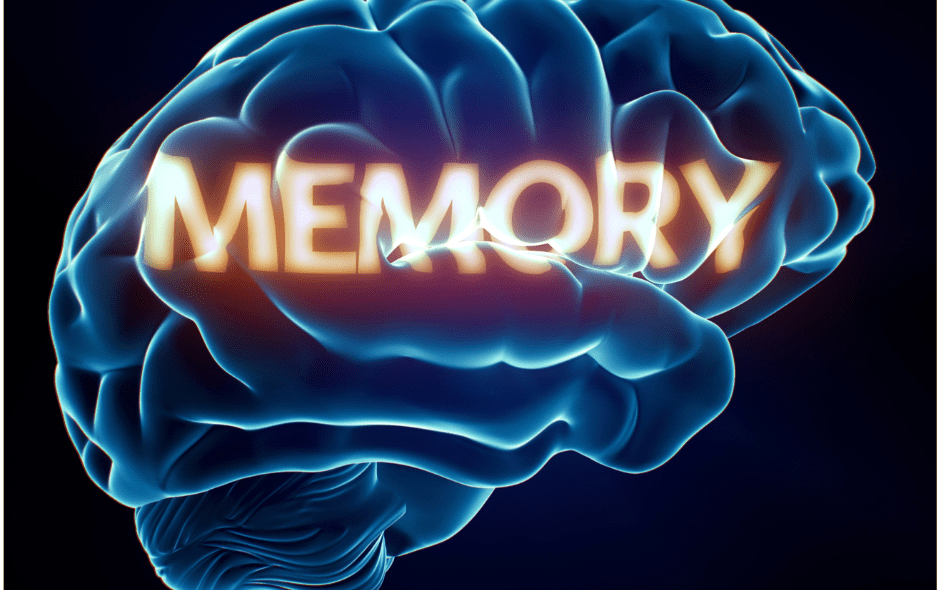Our Communications Officer, David Coates, looks at why epilepsy can impact someone’s memory and ways to help improve your memory.
We all forget things from time to time such as people’s names and where we have left our keys.
This happened to me today as I almost forgot my house keys. Luckily, I remembered just in time before locking myself out.
Our memory holds so much information, it is not surprising it can sometimes let us down.
Memory can be one of the key things that can be impacted if you are living with epilepsy.
Why epilepsy can impact someone’s memory
A person’s memory can be affected before, during and after a seizure. Changes in the brain before a seizure can mean information is not processed well enough to pass our long-term memory. It can also affect retrieval of information.
Also, some people have a cause for their epilepsy. This can be due to damage to the brain from a head injury or infection.
If part of the brain that deals with memory is damaged this could lead to some memory loss. People with temporal lobe epilepsy often have memory problems.
This is because the temporal lobe is where we learn new memories.
Awareness can also be affected during a seizure. This means people have little or no recollection of what has happened. Even between seizures a person’s memory may be affected.
This is because brain activity may be disrupted even though it is not enough to lead to a seizure.
Tiredness, lack of sleep, or feeling unwell can affect concentration and memory. For some people, lack of sleep can make them more likely to have seizures, for others it may be that having seizures during the night causes tiredness.
Not getting enough sleep can also contribute to memory difficulties. During sleep our brains process information and experiences.
Research suggests that getting good sleep can help to make memories more stable and preserve long-term memory.
Ways to help improve your memory
While some people have general memory problems, people with epilepsy will have extra information to remember, like taking medication, noting seizure triggers and medical appointments.
If you know you are forgetful, there are many things you can do to help you remember. Your family and friends may also be able to remind you.
Try these tips to help your memory.
Try not to overload your memory and focus on one thing at a time
It helps to do one thing at a time. Try to focus. If you are not paying close attention to a task or to new information you may not remember it later.
Develop daily routines and try to be as organised as possible. This will help you to plan the things you want to do.
Mistakes are more likely if your memory has to deal with many things all at once. If there is too much information, your brain may become overloaded. You can then forget things.
Record information
It helps to write things down. Keep a diary and calendar of events. Write down any tasks that you need to do.
Stay active
Keep your mind active by doing things you enjoy. This could be anything from crosswords and sudoku to playing computer games. Physical exercise like walking can also help.
Look after yourself
Stress can affect epilepsy as well as memory. Speak to your GP or nurse about relaxation tips.
Try to relieve stress where you can. Call our Helpline on 0808 800 2200 to find out about different ways to manage your epilepsy.
For more information on epilepsy and memory can be found in our factsheet by clicking here.




